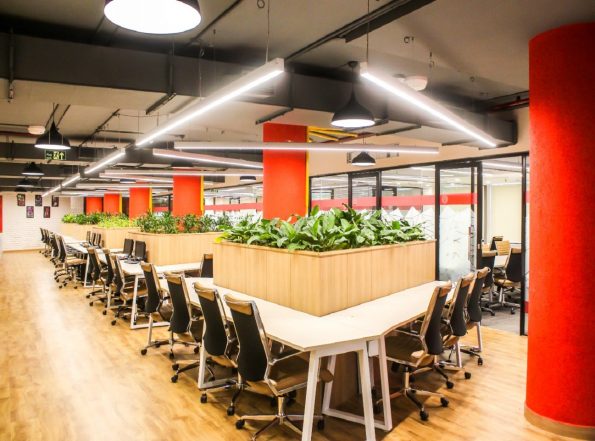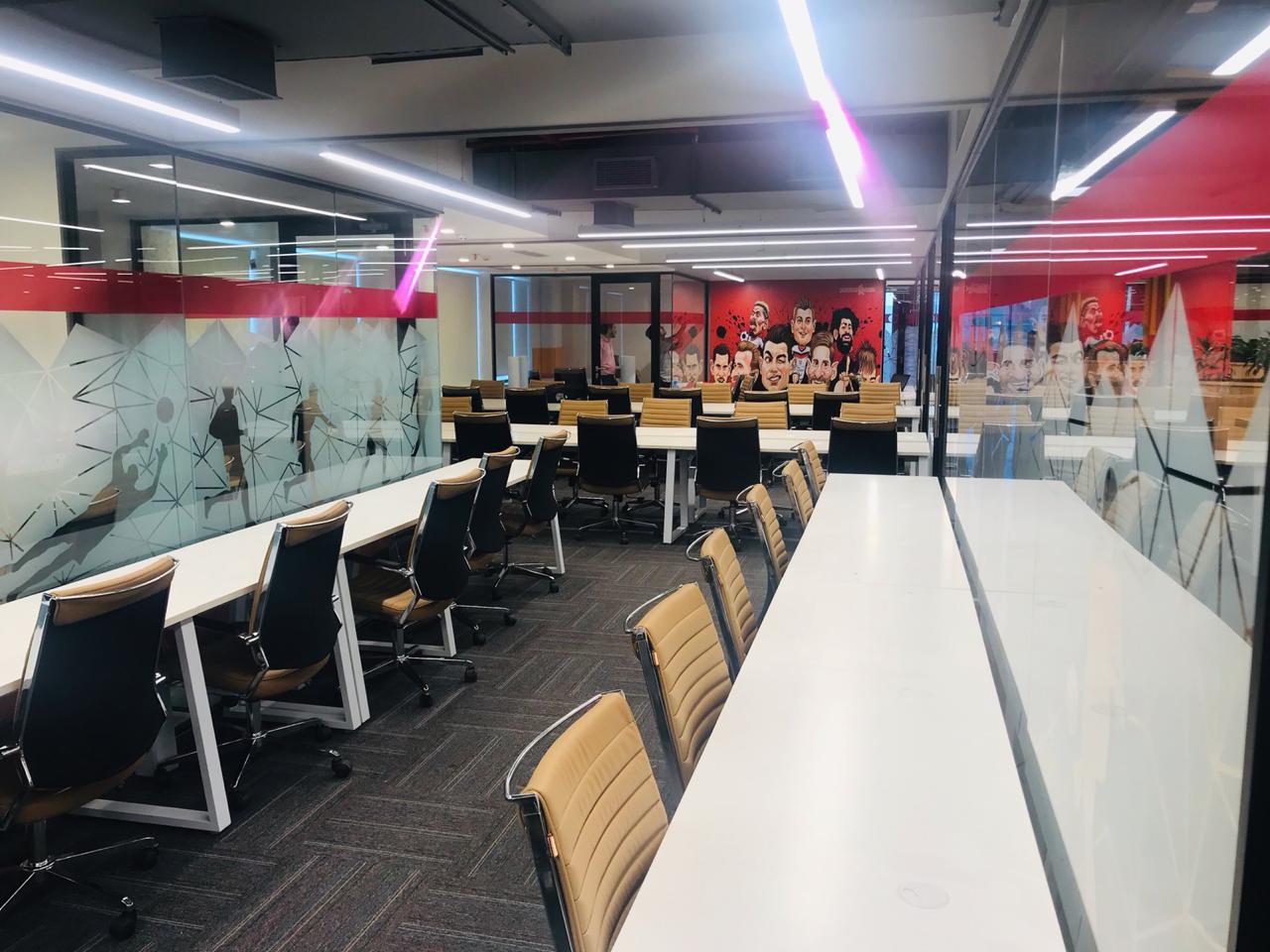The early half of this decade was a heady time. A start-up boom had gripped India, and day by day, there was talk of a bunch of rag tag entrepreneurs walking away with millions in funding. Over the years, the euphoria did settle, but an idea born as a by-product; the co-working space, found steady footing in India.
Between the two waves, there was a moment of calm. I and my team took this opportunity to head back to our office that was a mid-sized, comfortable space in a co-working hub. Walking in reminded me why was it that a co-working space made for the perfect choice to get an office. Apart from the expected benefits like good internet, unlimited coffee, concierge services and decreased overhead costs, there are a few other intangibles that a co-working space can offer that neither home offices nor private offices can.
Let’s start with the obvious – networking. Unlike corporate offices where your only chance of peer interactions is in the lobby and the lift, the opportunities of connecting and collaborating are much higher. This is, in large part, due to the fact that co-working spaces have a relaxed atmosphere outside the work areas. Common lobbies, cafeterias, play zones help break the ice better than any business mixers, and once co-workers collaborate, seeing work happening in front of you develops trust and a sense of purpose.

It’s not just business owners who draw inspiration at co-working spaces though. Even for employees, working in a hybrid environment makes way for new learnings. As a Digital Agency, my creative team works across industries. A lot of their research consists of craning their necks and observing an eclectic mix of freelancers, tech startups, bootstrapped e-commerce companies and other such ventures that dot out workfloor. As an additional measure, they can always have a one-on-one with a diverse group of people to narrow down audience-specific insights. Access to this organic, living dipstick has helped us bring forth a unique perspective when it comes to ideation, which in turn, helps us bag our clients.
Also Read: 5 Ways Coworking Spaces Can Help You Generate More Business
From a purely fiscal standpoint, there is always the advantage of having flexible costing which goes a long way in curbing overheads. Our digital agency is based in Mumbai, Bengaluru and Delhi. While the first two cities have our own dedicated office spaces in traditionally corporate pockets of their respective cities, our setup in Delhi operates from a co-working space in an up and coming neighborhood. Though we have a fair number of employees working from our Delhi branch, the overall cost per person (from an office expenses POV) is significantly lower than what it would be if we went for a dedicated office in Delhi. In fact, purely in terms of space, bandwidth and facilities, we get more than what we could have got if we chose a traditional office setup vis-à-vis the investment involved.
Don’t get me wrong. There is obviously a fair set of challenges that come from working in a co-working space. Primarily the privacy aspect and the fact that, as an ambitious business, you will one day outgrow the space. But once you weight the pros and cons and tie those back to your business goals, co-working spaces in Delhi will seem like a lucrative choice for many.
About the author Harsh Kedia:
Harsh is the co-founder of Auburn Digital Solutions, a full service agency that works with India’s biggest names in the Retail, Heathcare, BFSI, FMCG and PSU sectors. Harsh operates the Delhi branch of Auburn from a co-working space.



